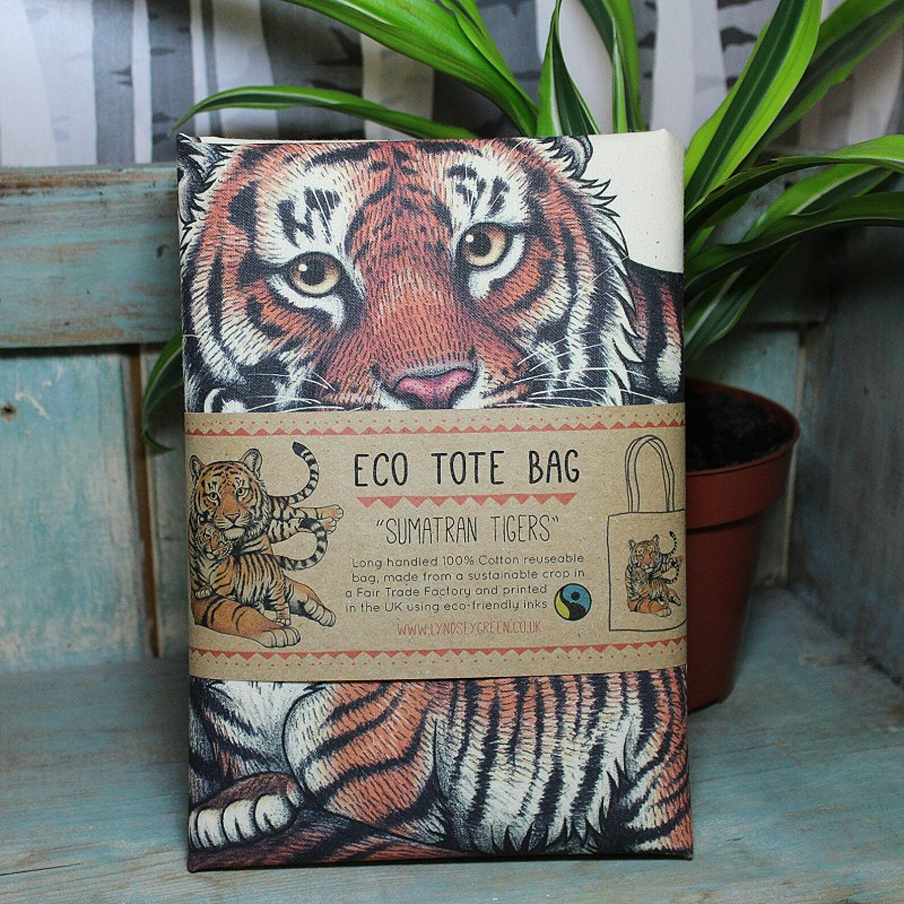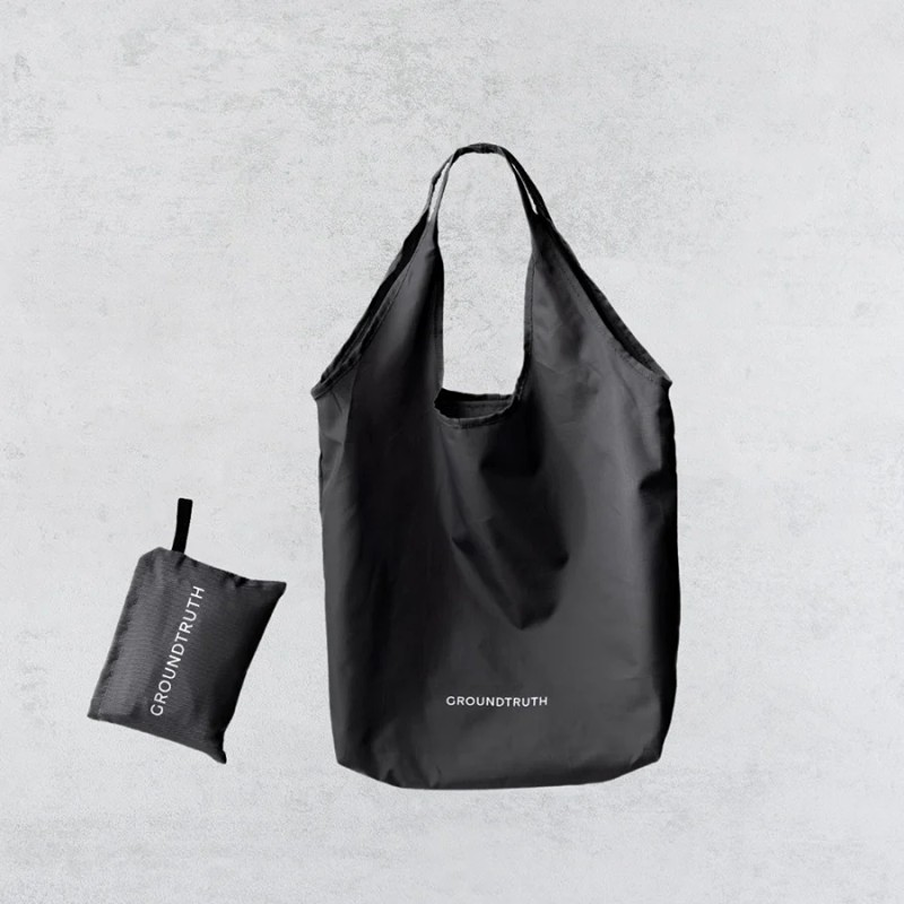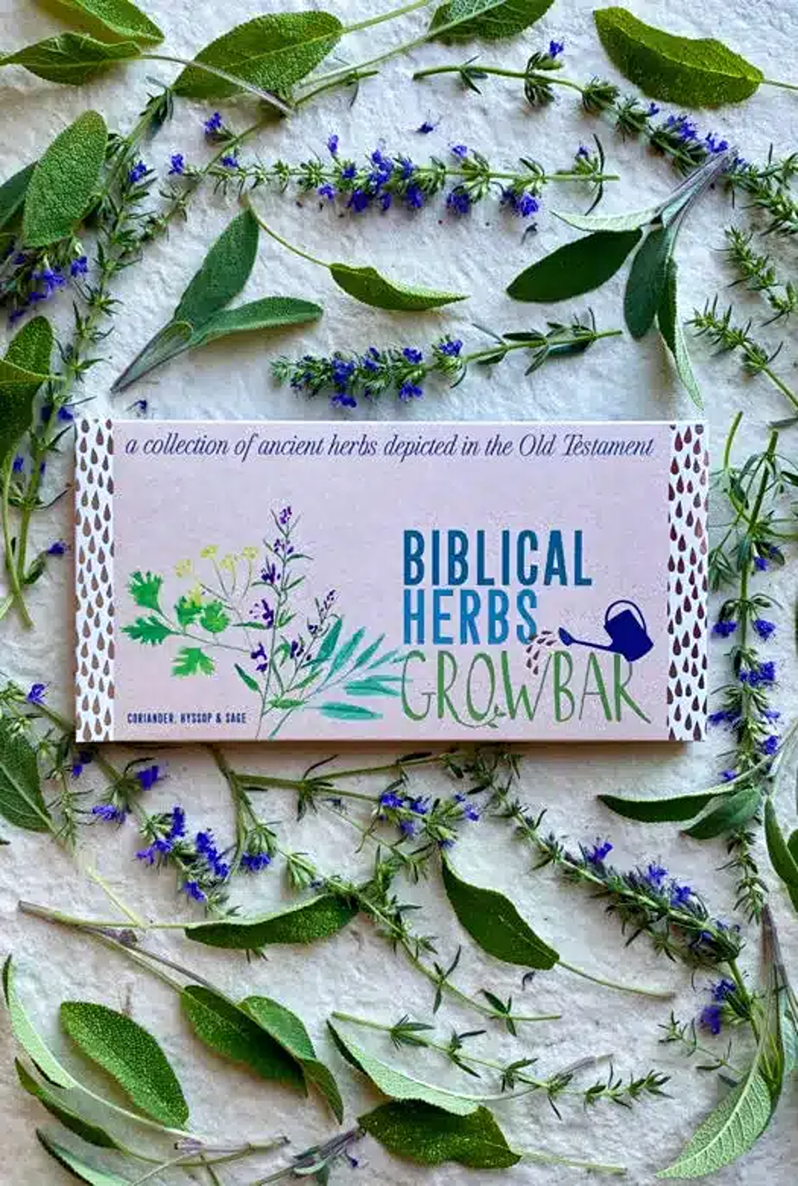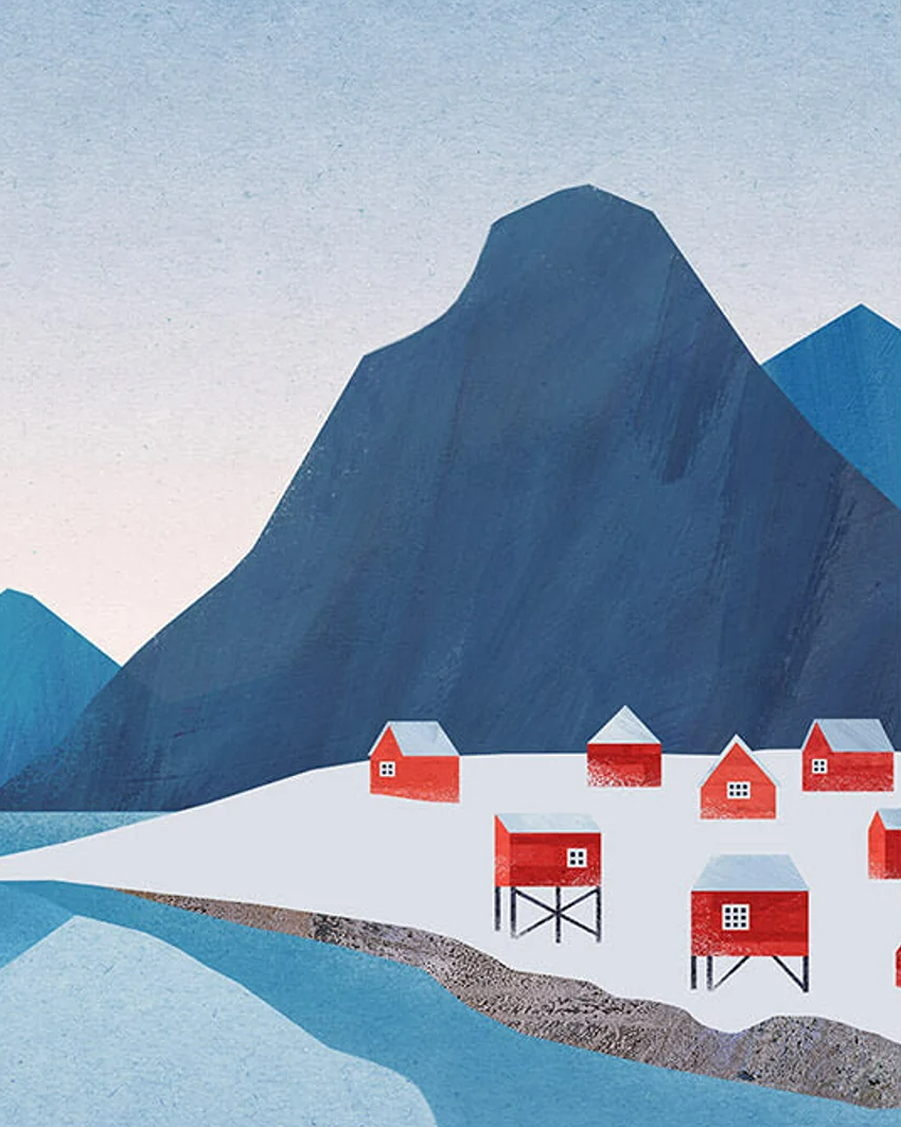How to Become a Plastic Bag Free Town

SEEP’s organic cotton grocery bag is ideal to take your shopping home, it’s made from organic cotton, to avoid plastic grocery bags.
Store all bags away from children and pets. If you launder bags made with synthetic materials (polyester or recycled plastic bottles), do so in a microfibre filter.
Single-use plastic bags are not yet banned in England, though they are in many countries (including Bangladesh to prevent floods). They often get snagged in trees or dumped in rivers, where they choke wildlife or end up in the sea.
This durable organic cotton tote bag is made with long-lasting materials, and features a fun slogan from eco-cleaning company Seep.
Organic cotton is better for the planet, wildlife and farmers, and safely launders in the washing machine, without releasing microplastics. And at end of life, safely biodegrades back to the earth.
Imagine walking through your community, without seeing plastic bags cluttering the streets or polluting your parks. Creating a plastic bag free community isn’t just a dream; it’s a goal we can achieve together.
The environmental impact of plastic bags is staggering, harming wildlife and polluting our planet. But change starts with us.

The Devon town of Modbury was Europe’s first plastic-bag free town. Rebecca was a BBC wildlife camera-woman who filmed albatross chicks dying in front of her as their parents fed them plastic.
So she returned home, plied the locals with wine at an art gallery to show her film. Within a month the town had no plastic. Even delis use compostable pots and the local supermarket has no plastic bags.
Residents were given free cloth bags through the post, and there were amnesty bins, to place plastic bags.
These were sent off to be made into recycled plastic park benches. She says although they were supportive, doing this privately meant quicker results than a council-led ban.
Other plastic-bag free towns up and running are Penzance in Cornwall and even the whole island of Anglesey in North Wales. Sidmouth in North Devon also is almost plastic-free with local volunteers scooping up any plastic waste they can find!
Developing a Community Action Plan
- Organize Community Meetings: Host gatherings to raise awareness. Invite residents to share ideas and express their concerns about plastic waste.
- Brainstorm Together: Use these meetings as a chance to generate a wide range of ideas. Bring up suggestions like community clean-up days or workshops on making reusable bags.
- Ask local stores to stop providing plastic bags. Instead, promote reusable grocery bags or supermarket bags for life. These options will appeal to eco-conscious customers.
- Host Workshops and Seminars: Offer sessions where residents can learn about the effects of plastic pollution on wildlife and waterways. Bring in experts to share facts and personal stories to create a deeper connection.
- Distribute materials in local restaurants or community centres. Highlight the importance of switching to reusable bags and provide information on where to find them.
- Many grocery stores now provide discounts for customers who bring their own reusable bags. Or set up a system for sharing reusable bags. It could be as simple as a bin at the supermarket, where people can take or donate cloth bags.
Plastic Bag Free Taxes & Incentives
- San Francisco, California: This city was one of the first to enact a ban on plastic bags, introducing a small tax on paper and plastic bags. Businesses reported a 70% reduction in plastic bag distribution within just a year.
- Seattle, Washington: In Seattle, a similar tax approach led to a significant behavioural change. Residents embraced reusable grocery bags, leading to a 50% decrease in single-use plastic bags after two years.
- Dublin, Ireland: Ireland implemented a plastic bag levy in 2002. This tax saw plastic bag use plummet by over 90%. The tax motivated shoppers to bring their own bags, showcasing a powerful shift in consumer habits.
Nice Reusable Grocery Bags

Lyndsey Green’s organic cotton grocery totes are not just made from organic Fair Trade cotton to last for years, but are also beautifully illustrated with endangered species.
Ideal for the market or grocery shop, they are printed in the UK and made from quality cotton with long handles for ease of use. Choose from Sumatran tiger, Scottish wildcat or Giraffe.
This organic cotton grocery tote is beautifully illustrated by a vegan Swiss artist, who uses her talents to raise awareness of barnyard animal welfare. Organic cotton is better for the planet, and so this bag can be safely laundered, without releasing microplastics in the washing machine.
This bag is digitally printed on one side, made from combed ring-spun organic cotton, and features top edges folded for a robust finish and long handles with reinforced cross stitch.
The attractive Caribbean blue background features the image (do not iron the print directly, turn inside out – if you iron your grocery bags?) Do not tumble dry.
This packable recycled shopping tote is made from recycled plastic collected in Indonesia, then stitched by a family business into a quality item that carries a whopping 15-year guarantee.
How an Italian Island Went Plastic-Free

Now here’s an inspiring story, if you are fed up litter plaguing your town or city. Capri lies just off the coast of Naples, where ‘Lancashire lass’ Gracie Fields (at one time the highest-paid star in the world) lived until her death.
After the island became littered with plastic bottles in tourist season, the council fined anyone who brought them over by boat, and now hands out free reusable water flasks.
The same happened on another island (Tremiti) and the port city of Bari has banned the sale of single-use plastic cups, plates and straws. Liguria has even banned people from wearing flip-flops, as their mountain rescues were being called out, when people kept slipping up!
Why are councils not doing similar things here? England is surrounded by coast, and nobody lives more than 80 miles or so from the sea. Let’s be inspired by the Italians!








